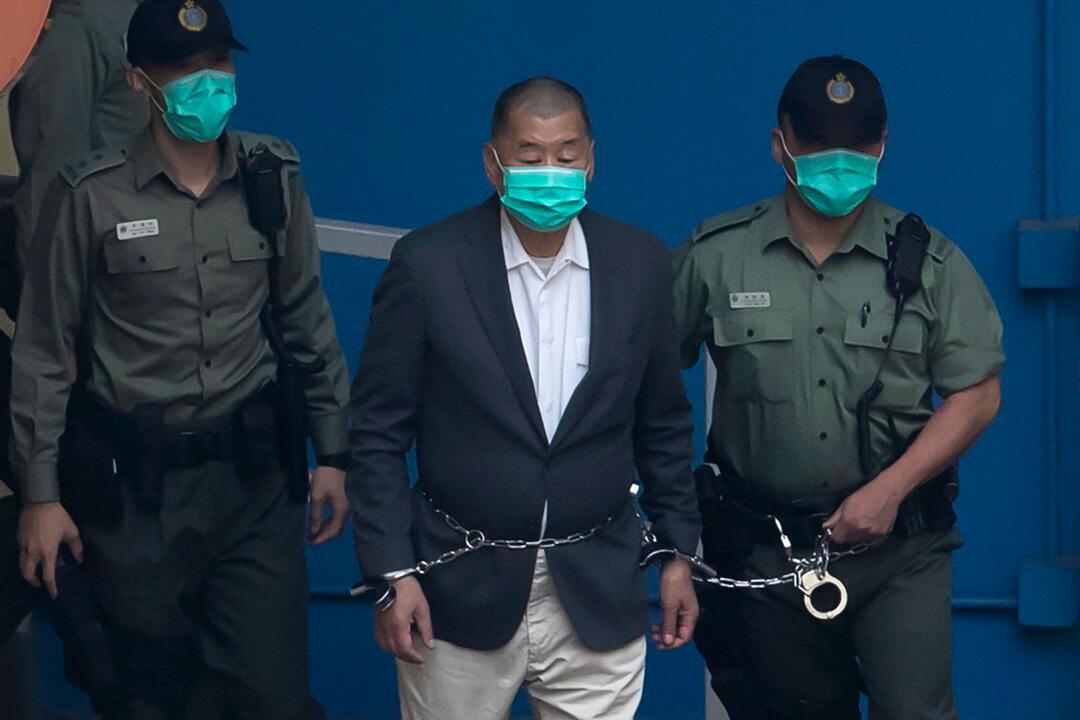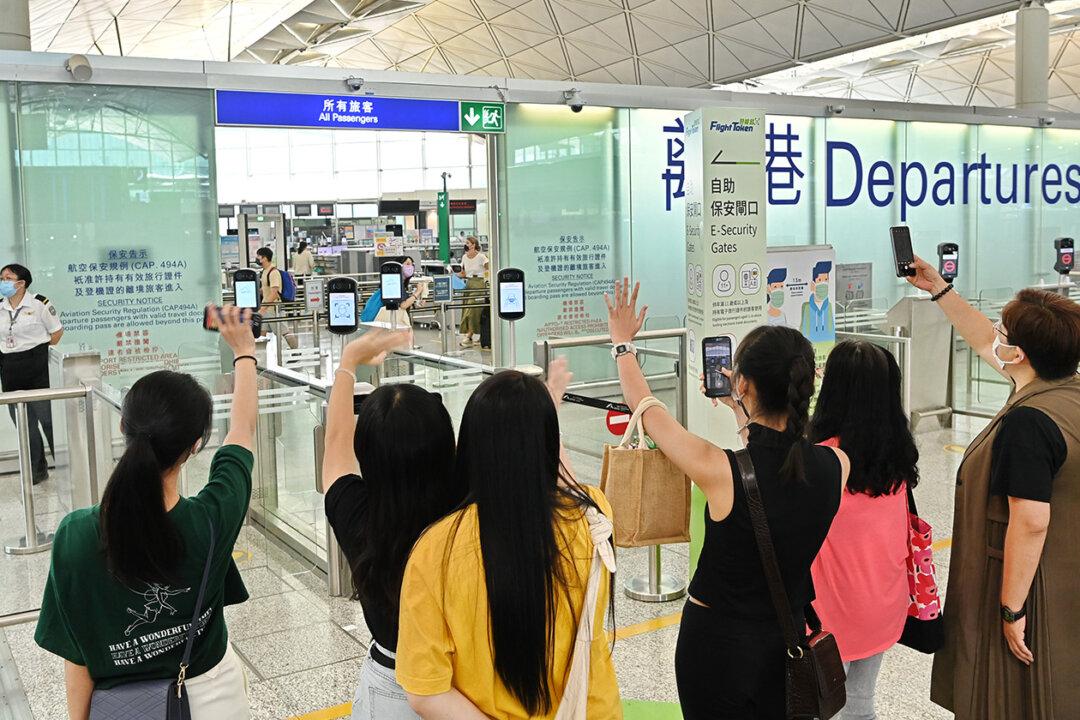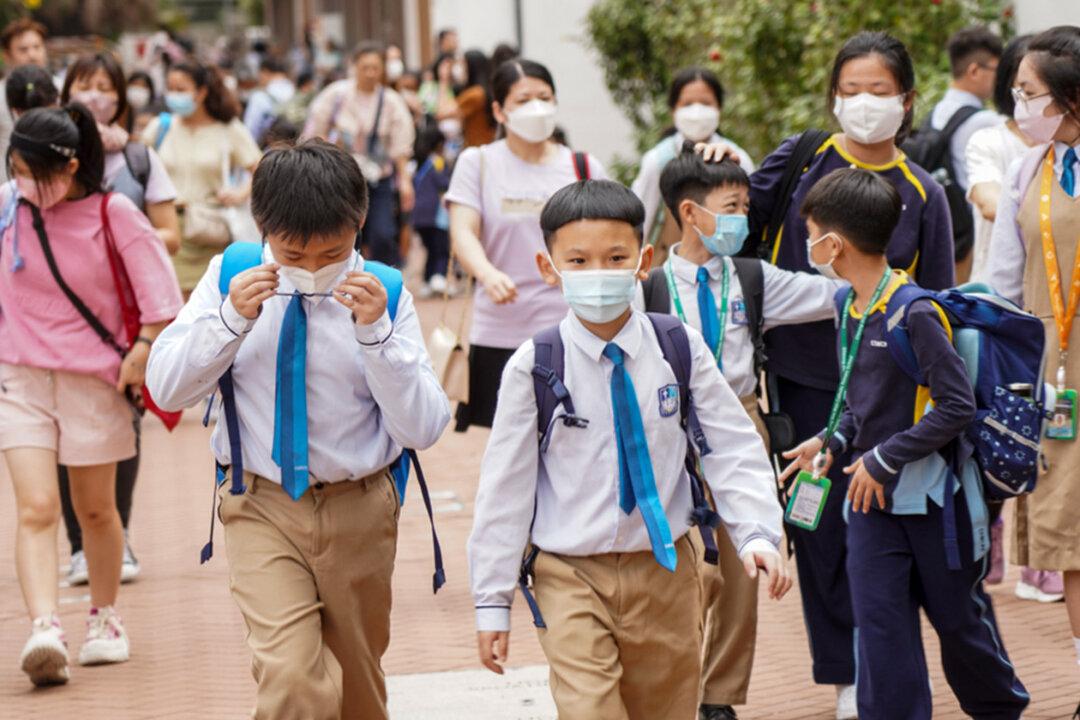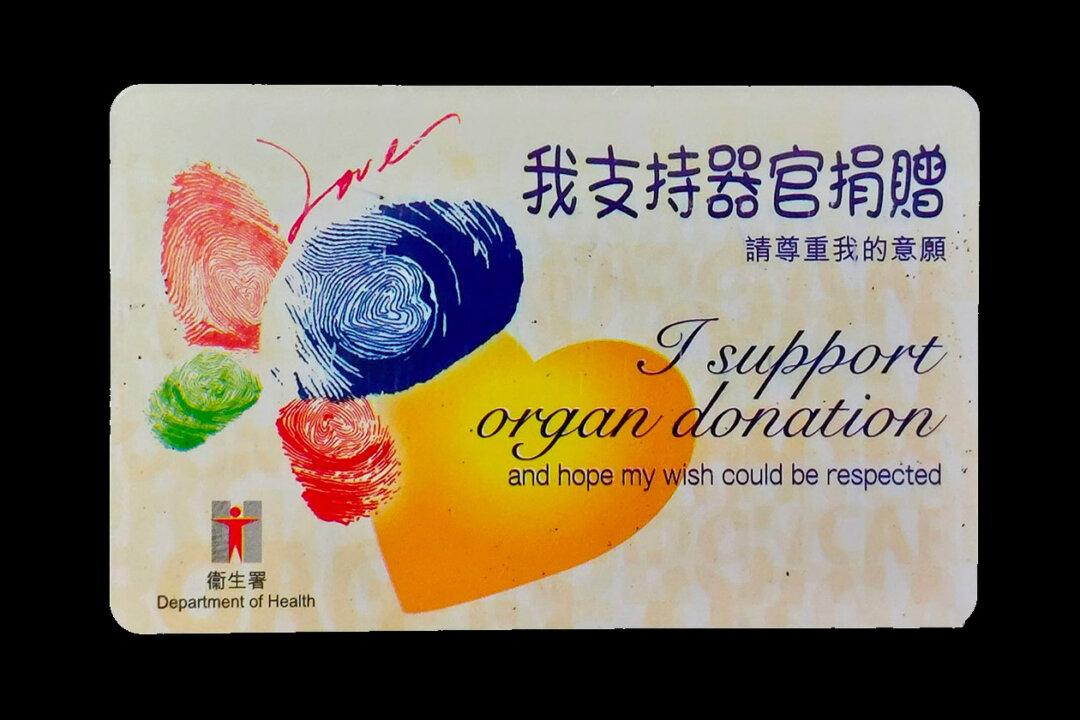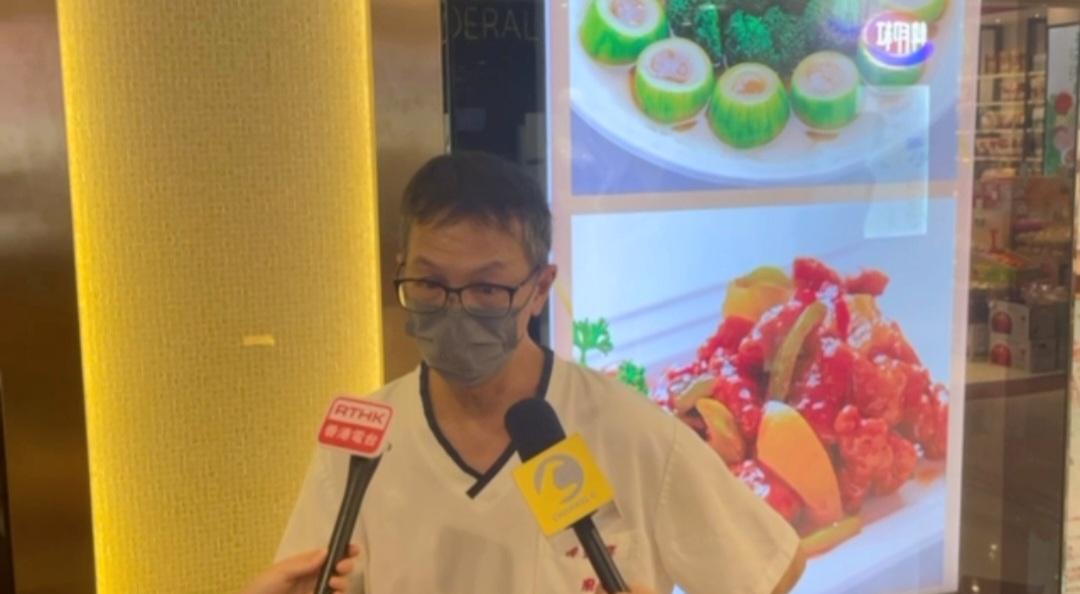On Dec. 1, the government halted Lai’s trial for seven days, citing the need to wait for “the Beijing government” to determine whether an overseas, non-Chinese attorney would be allowed to represent cases concerning National Security Law, particularly in Lai’s case. It has now been pushed back further to Dec. 13.
The defence team later revealed that the Immigration Department had withheld the work visa application of King’s Counsel Tim Owen, Lai’s defence barrister, resulting in Owen’s absence and inability to represent Lai in court on Dec 1.
